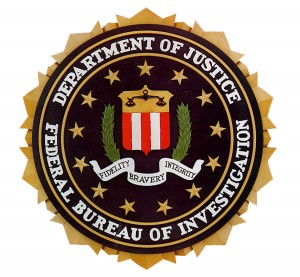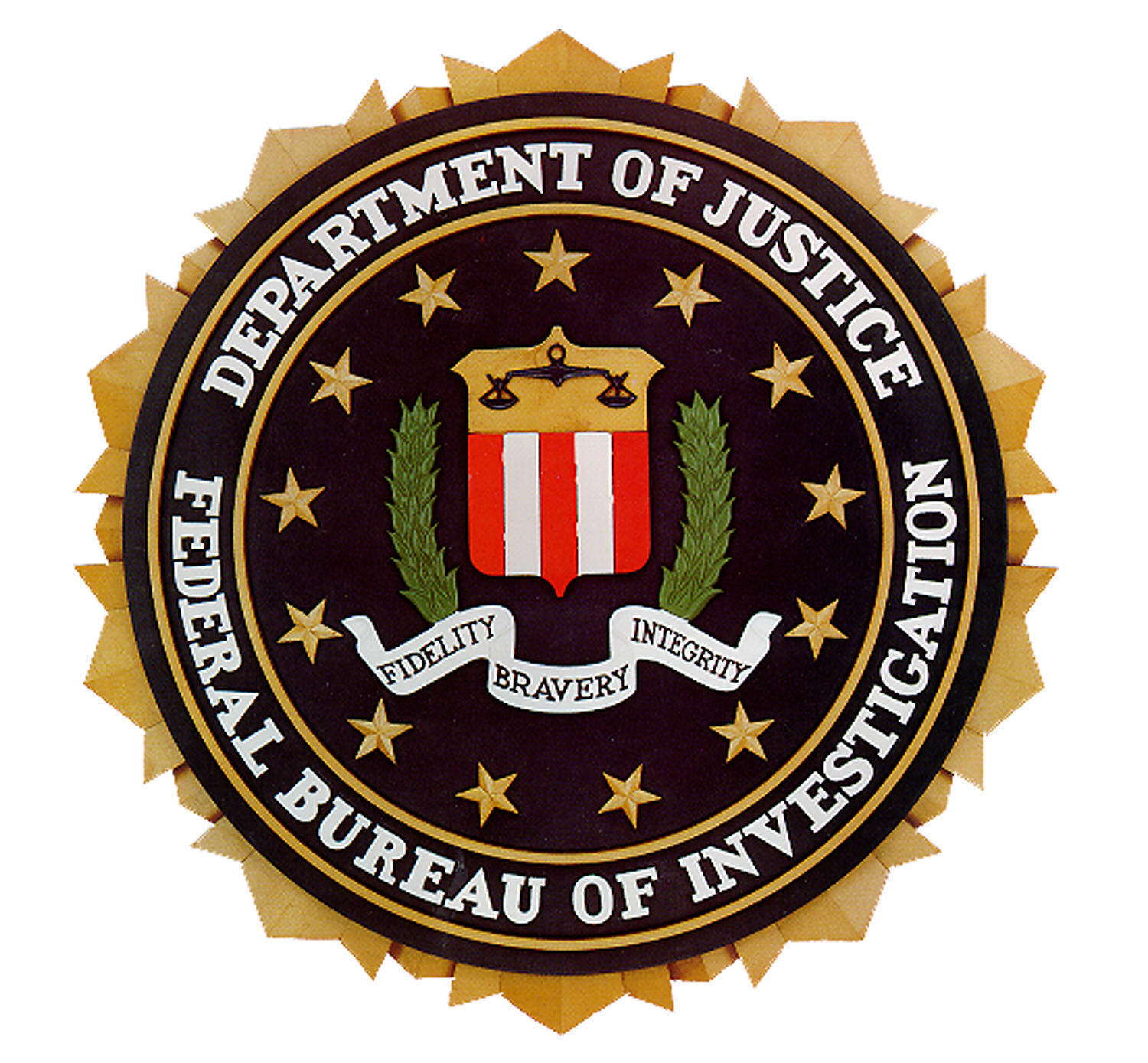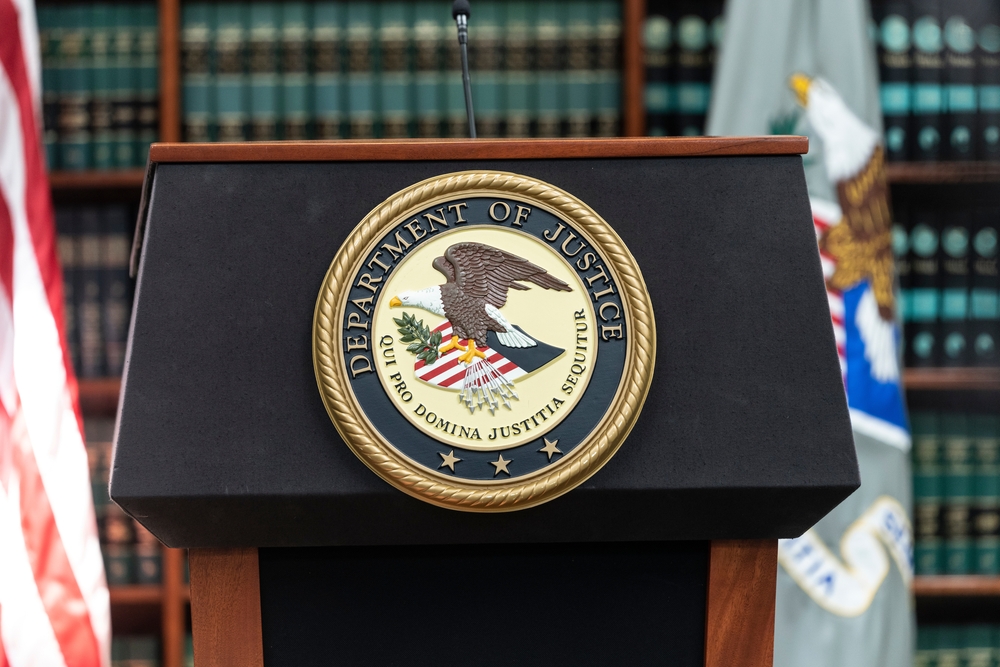 By Editorial Board
Minneapolis Star-Tribune
By Editorial Board
Minneapolis Star-Tribune
Last week, reports surfaced that the FBI had flown small single-engine planes over 30 cities across the U.S. The planes, outfitted with video and cellphone surveillance equipment, were registered to fictitious companies in order to shield the government’s role during this domestic surveillance operation.
Cellphone surveillance equipment, commonly known as Stingrays, mimics existing cellphone towers, forcing cellphones to connect to them. If Stingrays were deployed, any phone calls, text messages or data transmitted while the FBI was circling overhead were intercepted before being relayed to their final destination. The indiscriminate nature of Stingray technology ensures that cellphone data will be collected from innocent American citizens.
U.S. Sen. Al Franken, D-Minn., has expressed his concern to the U.S. attorney general and the director of national intelligence, asking under what legal authority the FBI was operating and what equipment was on board those planes. The American people will likely never learn the answers to these questions, though the senator may be treated to a classified briefing. While this may answer his questions, Franken would be unable to disclose any information to the public.
Of course, this is not the first time the FBI has leveraged secrecy to overstep its legal authority. COINTELPRO was an FBI program that illegally monitored the activities of many Americans for 15 years. This program was used to “expose, disrupt, misdirect or otherwise neutralize” groups or individuals that the FBI deemed subversive, such as antiwar activists and the Rev. Martin Luther King Jr. Given the lack of legislative or judicial oversight, former presidents also used this program to spy on political opponents.
The existence of COINTELPRO was exposed in 1971, when activists burglarized an FBI field office and published documents related to the program. The FBI’s response was to declare the program terminated and close many of its field offices. Closing offices and making bold statements does not change the secretive nature of the FBI, and many similar tactics became integrated into other operations.
Thirty years later, after the 9/11 attacks and the subsequent passage of the Patriot Act, the FBI dramatically increased the use of national security letters, or NSLs. These are essentially search warrants compelling the recipient to disclose information, such as customer records from companies like banks and Internet service providers. But unlike a search warrant, an NSL is not signed by a judge and it comes with a gag order preventing the recipient of the letter from disclosing its existence. Over 300,000 NSLs have been issued since 2000.
To read more click here.





